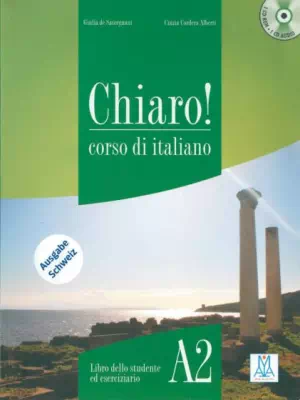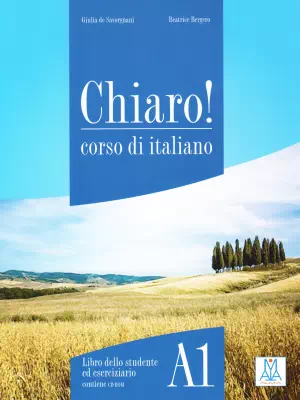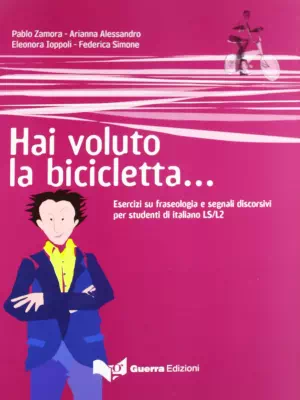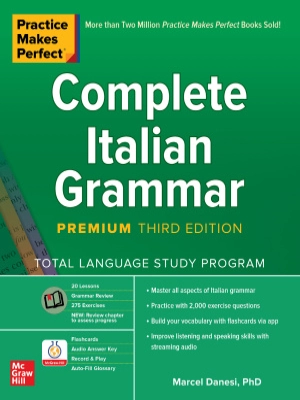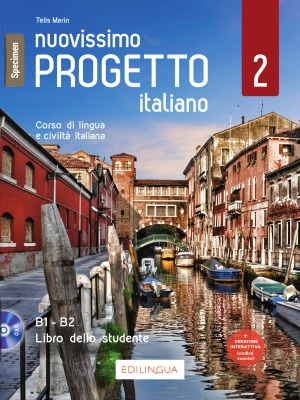Chiaro! A2 – Corsi di italiano
Chiaro! A2 – Corsi di italiano PDF,MP3 Chiaro! è un corso di italiano in tre volumi, completo di eserciziario e destinato a studenti adulti. Grazie a una struttura snella e a obiettivi didattici facilmente comprensibili, Chiaro! si presenta come un corso efficace e accessibile, anche per chi non ha mai studiato una lingua straniera. L’obiettivo…
